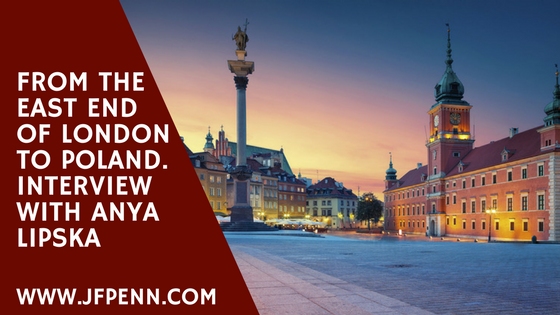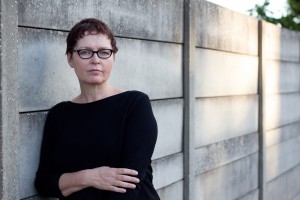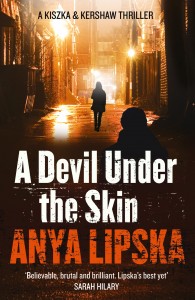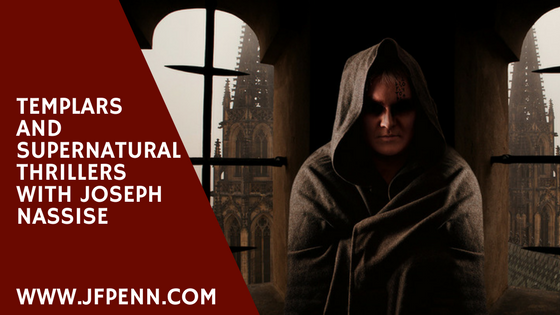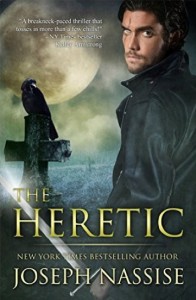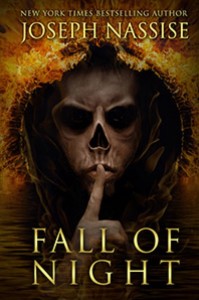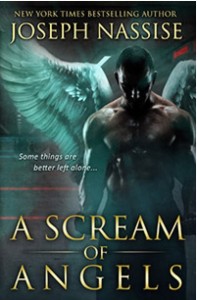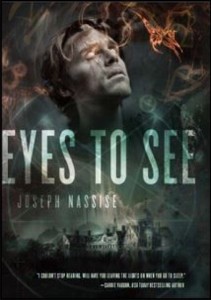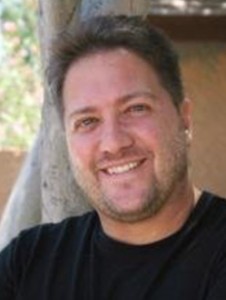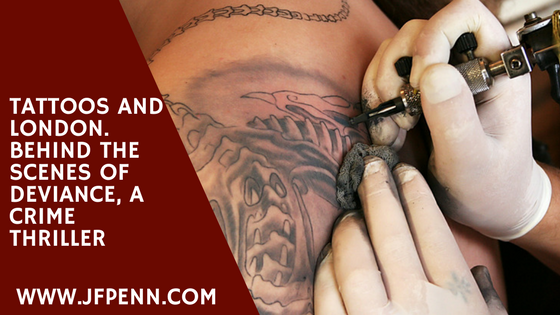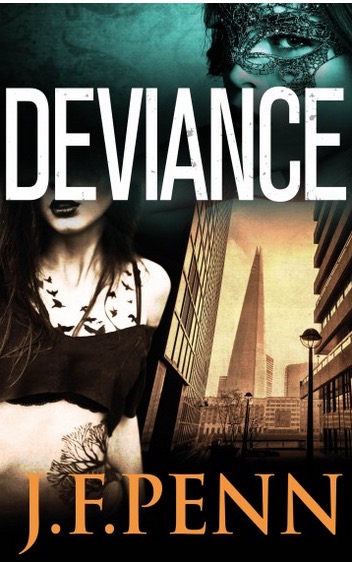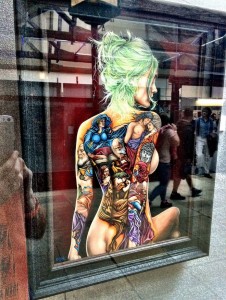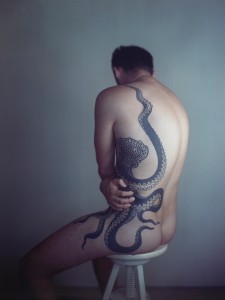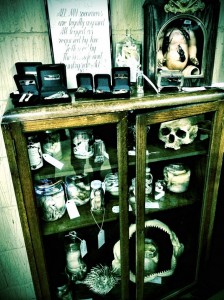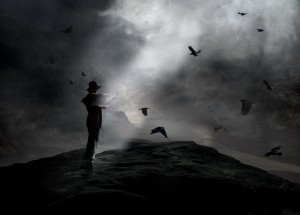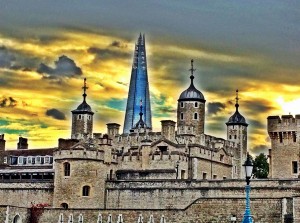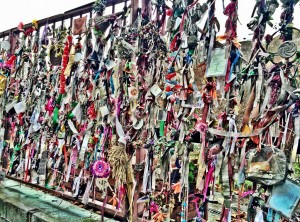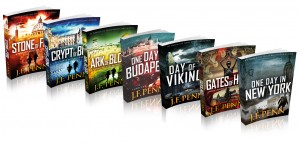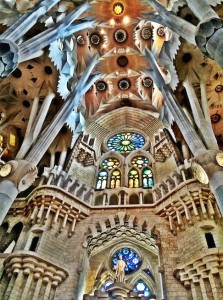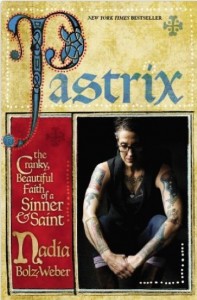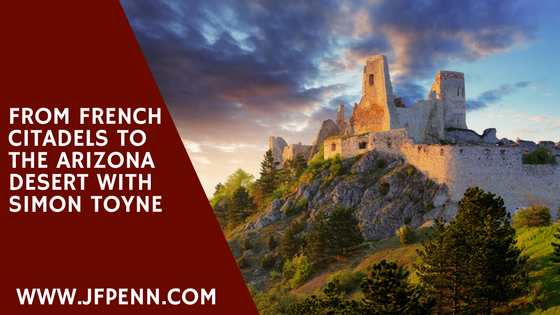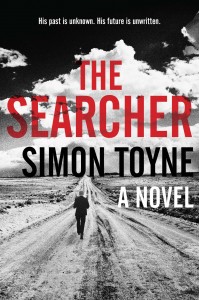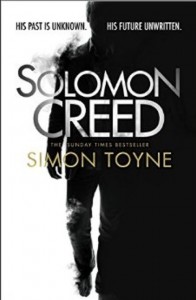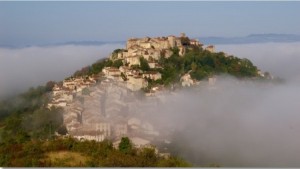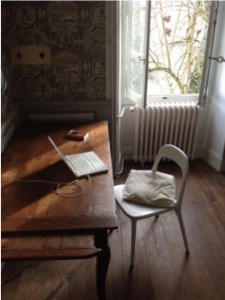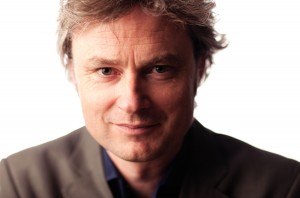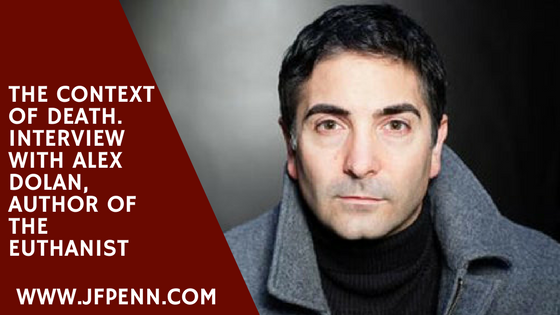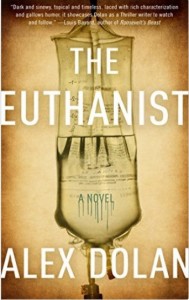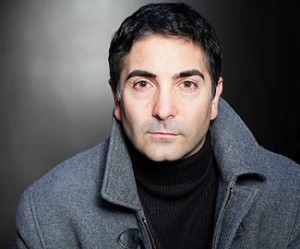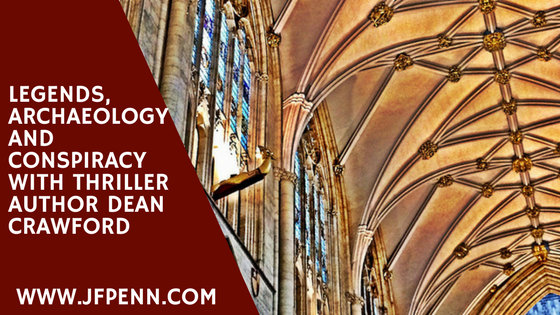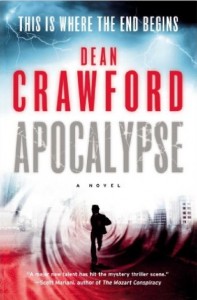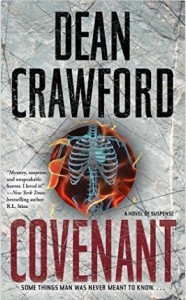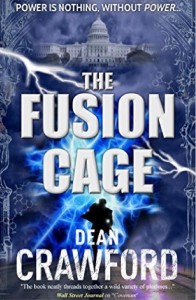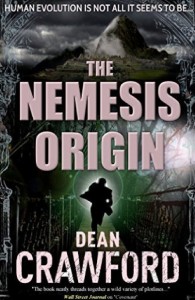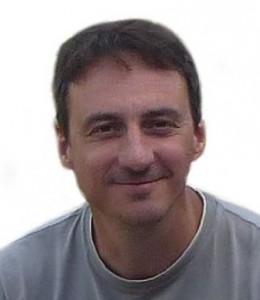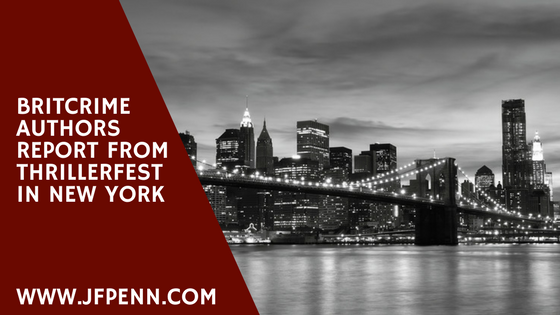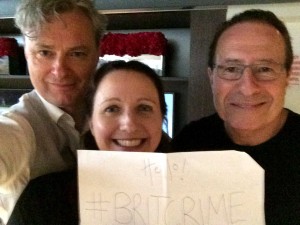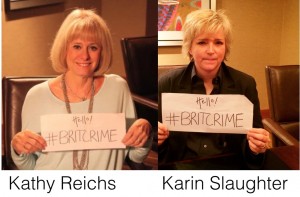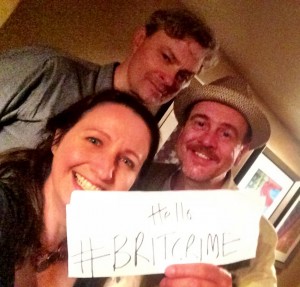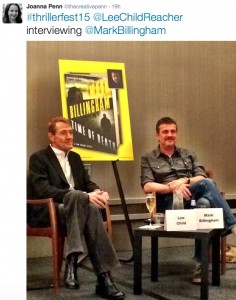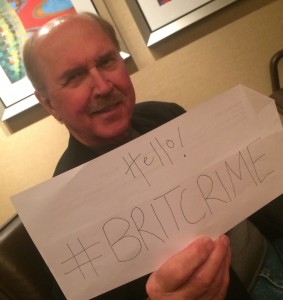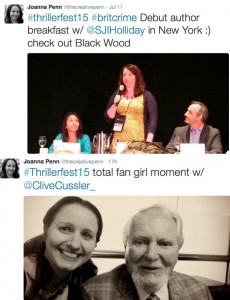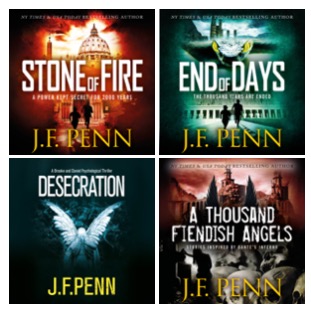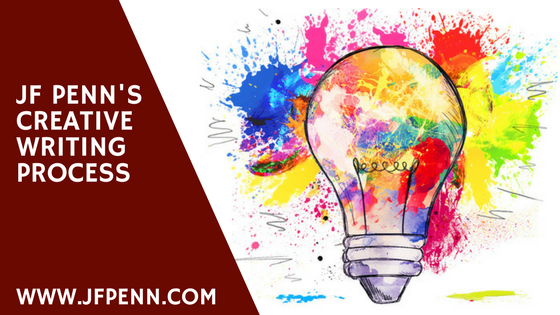
Today I am talking about my creative process because I am about to start Destroyer of Worlds, ARKANE book 8, and really, I love, love, love, love, love, love this part of the process!
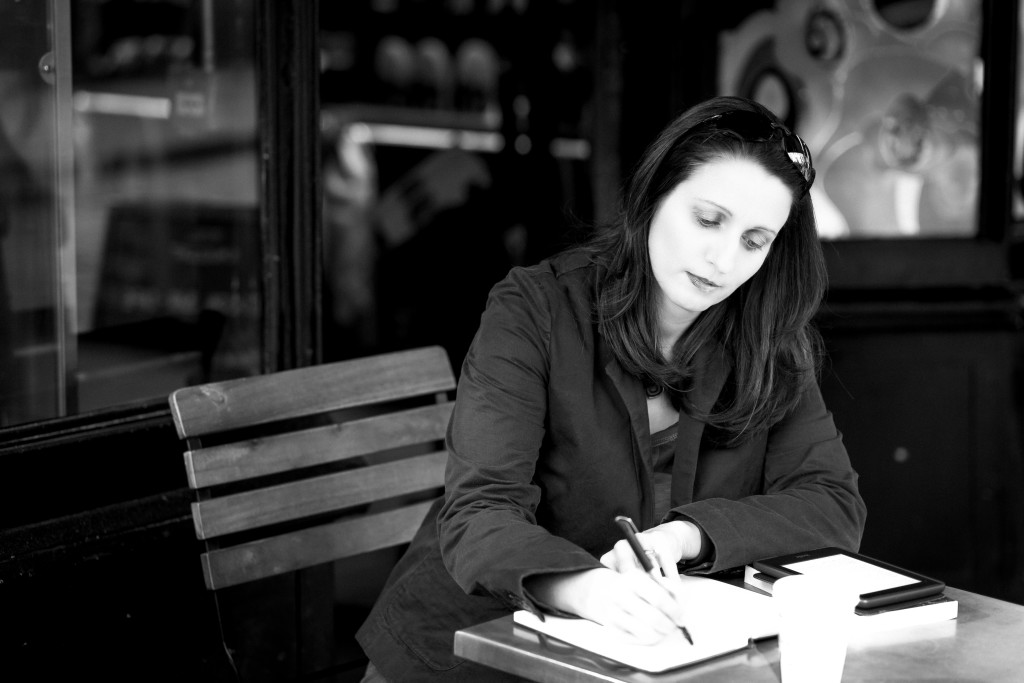
I wanted to talk about it because so often, I’m reductionist. I like processes and steps and I like how-to stuff. Most of the non-fiction I write is very practical and pragmatic.
But this year (2015) one of my top recommendations for books was Big Magic by Elizabeth Gilbert, which is excellent. I think magic is probably the wrong word, but the idea that it’s less reductionist, that the creative process has that edge of something almost supernatural is definitely what I find. I’ve called it synchronicity in the past in that as I delve deeper, things happen which were unexpected and that is definitely part of my process.
I’ve just written down a few notes, so we’ll just talk through them, so apologies if this is out of order. Buy hey, it’s New Year, so I hope you’re relaxing as you listen to this.
I get lots of ideas from my travels.
I travel a lot. I have always traveled a lot. I particularly like going to places with a rich cultural history.
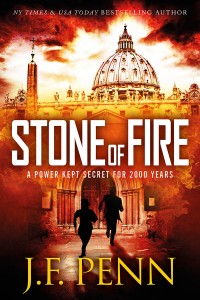
I tend to find that in the stories I write, the original idea often came from years ago, unless it’s something unexpected. For example, One Day in Budapest.
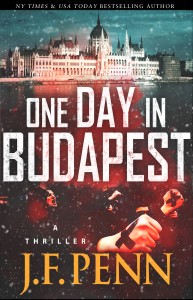
I decided I had to write a book about the rise of far-right extremism in Eastern Europe, that turned into One Day in Budapest, which is action/adventure with those themes. That idea was unexpected and I hadn’t thought about it before we actually got there.
But generally, going back to India, Destroyer of Worlds, I remember very distinctly seeing a statue of Shiva Nataraja in India again, in Delhi, same year I visited Varanasi. If you Google Shiva Nataraja you’ll see the exact image. It’s a Shiva dancing in this ring of fire and it’s the destroyer of worlds and the re-maker of worlds, a fascinating myth. I remember seeing that image and just really loving it, and that is what sparked this story.
So I have this kernel of an idea, and then from there, I start to research.
For me, research is going places, obviously, and visiting museums, visiting the kind of iconic places of that city or that region and soaking that up. For all of my books, the setting is incredibly important. Then I just start to find things that are more interesting.
I follow my curiosity into what I will research next. That may come from other places and other things.
I read the Guardian newspaper in the UK, and I just saw this article about the lack of vultures threatening Mumbai’s Towers of Silence. And the Towers of Silence are based on the ancient Zoroastrian tradition of disposing of dead bodies by putting them out in the air and then the carrion birds eat them. This also happens in Tibet, in Nepal, and many of these older civilizations.
It is completely natural, but it’s really interesting that in the middle of Mumbai would be these Towers of Silence. That’s really cool for me, that just makes me go, “Oh yes, that’s got to go in a book.”
So I start writing down the things that catch my eye. Mumbai is a fascinating city. I actually haven’t been to Mumbai, but I’d really like to go. I do write about places I haven’t been, but I do try and ground them in things I have. That is just one thing. That is like shopping for settings as such.
Then I will dive deeper.
Shiva Nataraja, for example. I know a surface level of information, but what I will then do is research that a lot more – research Shiva and the various temples associated with Shiva, because my books generally have multiple locations in. That curiosity drives a deeper research period, and this is what I really love, because I’m such a research junkie and find out really fascinating stuff.
At this point, I tend to read books on my Kindle and I do a lot of highlighting. I then transfer the highlights just into either a Pages/Word document or Scrivener. At this point, I generally just keep it in a general document, just layers and layers of notes on random stuff. I do write notes in my journals which I’ve got here in front of me. I also write notes as I watch DVDs or stuff on TV, TV shows.
Actually, I just watched one on the Kumbh Mela, which is incredible, the biggest gathering of pilgrims of people in the whole world. I think, I’m trying to figure out how many millions of people are there, but it’s a lot of Hindu pilgrims who meet in one place. There’s four different places where they meet and it really is crazy.
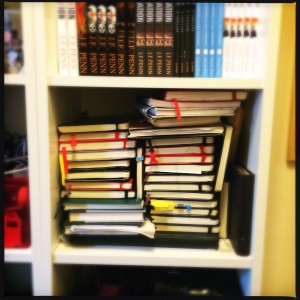
When I’m watching programs on things, I’ll just be taking notes, handwritten notes in my Moleskines.
I won’t just be writing down facts. I’ll actually be writing down colors and different things like that. For example, when I think of India, I think of the women wearing bright colors, far more bright colors than we do in the west, and how clean everybody always is. Some people have this image of India as a dirty place, but to me, it’s super clean because everybody is always washing. There is a lot of washing that goes on as part of all the religious faiths really.
That’s where I start and that’s where I am right now with Destroyer of Worlds, which is why I wanted to talk about it now.
I don’t have a plot. I do have an opening scene and I’ve had an opening scene in my head for a while, and that’s going to be in London.
That will then spark the story, but I do know that I will have these various aspects that will go into it. And the title Destroyer of Worlds obviously gives that Hindu aspect to it. Then, of course, also, the first thing people think of when they hear “Destroyer of Worlds” is Oppenheimer, “I am become Death, destroyer of worlds,” which actually is a quote from Bhagavad Gita.
Then it’s like, okay, so Oppenheimer, nuclear bombs, obviously, the links with Nazis and some of Himmler’s fascination with some of the Hindu myths, even the swastika for example, the original symbol. Those are all the things that start going into the ideas for the book.
Then what happens is synchronicity.
As I said, this is the ‘magic’ aspect that I find happens when I’m researching is that something will come up totally unexpected that makes the story work.
For example, with Stone of Fire, that first novel, it really made my jaw drop the day it happened. I was reading Carl Jung’s Red Book, which had been
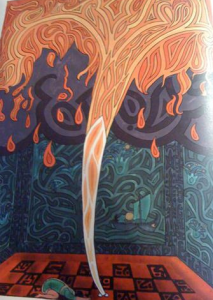
hidden for years by his family, it was basically a diary of his breakdown and he did all these paintings. And my book Stone of Fire has a lot of Jungian psychology in it. Morgan Sierra, my main character specializes in psychology of religion which Jung was highly into.
What I found in the Red Book, this hidden book, just shown to the public, was a painting that exactly matched my story. That painting is in Stone of Fire and I include that as part of the plot. But when that happened, I was just gob smacked.
And that synchronicity of story emerging from fascination and research still just makes me shiver a little bit, because it happens every time.
Stephen King talks about the emergence of the story. That story is a ‘found thing.’ I believe that. I think I go looking for a story in the real world and then I will twist part of the reality into the thing that’s fiction.
Stone of Fire is based on the stones of the apostles and the search begins where their bodies are buried. The places that are mentioned, the churches and resting places of the relics are true. There are bones in those places and relics, but the power of the stones, obviously, is made up. That’s what I like doing best is taking real stuff and then twisting it a little bit.
I’ll give myself quite a lot of time, depending on how much I’m into it, but a couple of weeks at least of just delving deep and following rabbit holes on the internet. But usually I will have had the idea in my head for months or even years before that.
For example, I will Google things like Nazis + Shiva, and see what comes up. I’m not going to give some stuff away, because I found some amazing cool things already that just make me go, “Ah, seriously? That is just wow.” Those are the things that happen. Of course you find a lot of conspiracy theories sites, which are for thriller writers just awesome!
Then I just let it all percolate.
Because I’m writing in the existing ARKANE series, I already have my characters – Morgan and Jake.
What I don’t have is my antagonist, because I generally kill them off at the end of each book. For this one, I obviously need a new baddy and I do have in mind who the baddy will be, and pretty cool and quite happy with this baddy.
There’s a spin-off, I’m thinking of, I want to it to be ARKANE Black Ops spin-off. What I want to do in this book is also introduce briefly a tangential character, so that when I do this next book, which I’m already thinking about…and this is the other thing, now I think about more than one book at the same time, but I will never write more than one fiction at the same time. That’s really important for me, because otherwise I get confused.
Some fascinations bleed into several books.
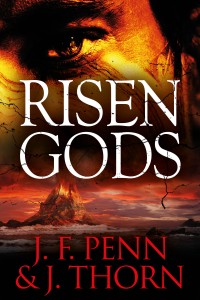
These things can come up in multiple books. We all know that and we all have our fascinations.
Anyway, I have my characters and I pretty much know the beats of how an ARKANE thriller works. I know that there will be some kind of cool object and someone will want to destroy the world or kill loads of people, and Morgan and Jake will have to stop them. That is the essence of a thriller in general.
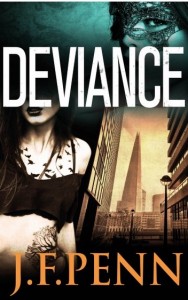
But the main thing is that after I’ve done this research for a couple of weeks, I use The Story Grid by Shawn Coyne to create a one page outline.
You can go back and listen to the podcast with Shawn, January 2014, episode 208 with Shawn Coyne. The Story Grid is my favorite, number one writing book for fiction authors, so I now do The Foolscap Method for an outline.
I’m not someone who outlines like a crazy person, although I might be doing that more as I get into dictation in 2016, but mainly I do a foolscap one-pager. It’s essential a one-pager with the main beats of the book, the main highlights, the main twists, the main reversals, that type of thing.
From there, I start writing.
I’ll write about 20,000 words, 30,000 words, and then I will re-plot the next bits. Normally I know the beginning, I know the ending. Right now I don’t know the ending. I have an idea. It would depend on how the rest of the research goes, but I normally know the big climatic scene, but I don’t know the middle bit. So I write 20 to 30,000 words and then I will do re-plotting around the rest of the book.
As I’m doing the research, I start a book page on Pinterest.
If you go to pinterest.com/jfpenn, I have boards for most of my books. I started doing it around book four, so I have a number of boards for different things.
At the moment, my Destroyer of Worlds board has some really cool pictures of Shiva Nataraja and India and Kumbh Mela and some of the cool things associated with that, and you can also have a look at the boards for all my other books.
I always do an author’s note at the back of my books, and I include the links to those Pinterest boards at the back, and people really love them and I share them as I write the books as well.
Looking back, it’s amazing, because I’m a very visual person. Setting is super important to me in descriptions of where people are and what they’re seeing. I will be writing some screenplays this year as well, because I really would like to see these done on the big screen. Wouldn’t we all?!
But I do like having the images, because they really help set the scene as I am writing. So what I’ll do, if I’m about to write, I will spend some time really looking at pictures of the people like the Sadhus at Kumbh Mela are just amazing. Some of them are wearing ash and marigolds and the long dreadlocks and these really just fascinating things that are so different to a western church.
Compare the Church of England service with, as my husband calls it, Christian droning, because English people don’t really sing with enthusiasm, versus these Sadhus at Kumbh Mela where there’s millions of people, it’s just brilliant. I love having these images to work from as I am writing.
And with Scrivener, you can have a split screen so you can view your research as you write. So I’ll often even have these pictures up or I’ll watch YouTube videos as I am writing the scene, to bring that to life.
Then I will basically just see what emerges as I write.
One of the many things I have on my wall, is “Trust Emergence,” because what I found is sometimes things will just arrive on the page or in your brain as you are doing stuff. You don’t necessarily know that before you start writing. That trusting emergence is so important. I think that’s an important part of the creative process.
I trust emergence from the research, in that there’s so many interesting things that I could write about. I have to write about the things that my curiosity draws me to. Then, as I am writing, I have to trust in the emergence of an idea from the massive possibilities and the chemistry of what happens on the page.
Once your characters are fully fleshed out, and my antagonist will be fleshed out based on my research. He or she will be Indian. It’s so important to me to do that, and also, as I said, it is the most fun part for me. I love it.
It’s one of the reasons that I am a writer. I spent time thinking about what my ideal life would be like, and I think that’s a very important thing to do.
If you want to decide what to do with your life, consider what you want your life to look like, what would your days look like.
I wanted to spend my time learning, so I love learning and also traveling and creating things I’m proud of. Those things together do come up with writing.
I also like helping people, which is why I like doing the podcast and the blog and everything, and why I write non-fiction. I guess I’ll talk about non-fiction another time, but my creative process for fiction really does revolve around this type of deep dive into research.
I also take a lot of pictures on my journeys, and they will often spark ideas.
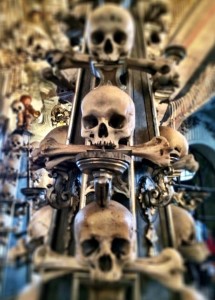
So for example, we, as I record this, we are going to Prague. We haven’t been yet, as I record this, although I’ve been to Prague before, so I know, for example, I know the Jewish graveyard there, which Hitler didn’t have destroyed, because it was meant to be a memorial to a dead race. That is a place that I remember very, very well, because it’s a very powerful thing, that it’s not a memorial to a dead race.
In going there, you remember what could have been. I absolutely know that I would be taking pictures there that somehow, ideas will come from that, and things will happen because of going to that place.
But it doesn’t have to be traveling to faraway places. It can just be around your house.
I went for a walk the other day, through the fields nearby, I’ve been training for this Race to the Stones, which is 100 kilometers over two days, and so I’m going to be doing a lot of walking.
While I was walking, I got a lot of ideas about a character that I’m thinking, the spin-off, as I mentioned, the ARKANE Black Ops thing. The character who that will be around is a man and I got a lot of ideas about him as I was out walking, just looking at various things. And I’ve some ideas as to how I want a trilogy of books to be set around this particular character and what role he plays in the world as such. And so that was just walking out from my house for a couple of hours.
That’s the thing. I don’t want you to think that you have to travel to faraway places in order to get these ideas. For me, that’s how I write, that’s what I love to write, but especially if you write family drama, you can write that close to home.
I think the important thing is that we get ideas from anywhere.
I don’t think I mentioned that I use my Things app on my phone. I don’t always have my Moleskines, because I have the A5 size Moleskines. I also like Leuchtturm notebooks.
On my phone, I have the Things app, which is a to do list app, but I also have a folder for fiction ideas. So if I’m watching TV with my husband, for example, watching a show or if I’m reading, I’ll often read on my phone, I’ll put a note in.
For example, I’m just in the folder now as we are talking, I found an article on the abandoned libraries of the Sahara, and I just put the link there into the phone. I don’t know when that will come up again, but the abandoned libraries in the Sahara is something that makes me interested. I want to know more about that.
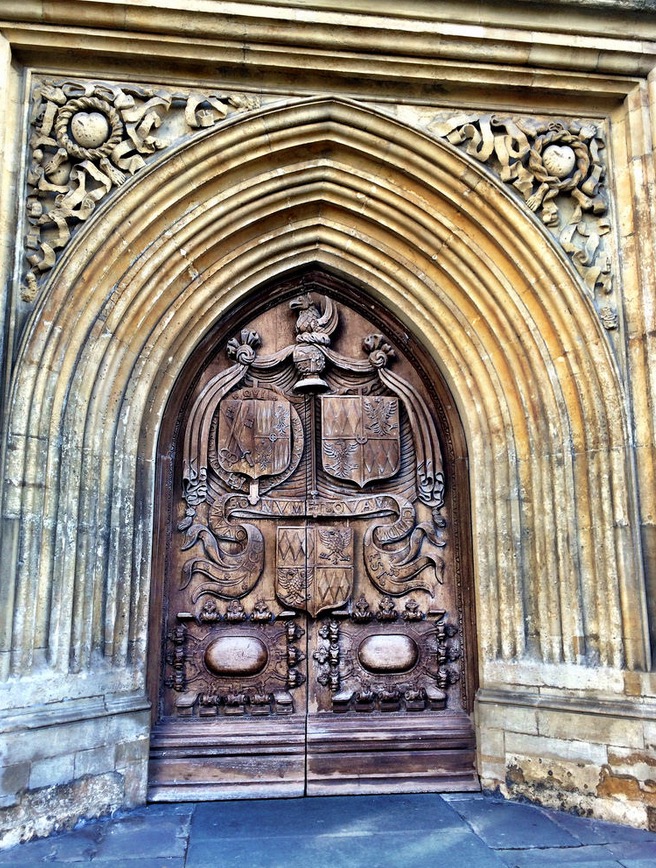
Here’s something I saw on the website for Bath Abbey nearby. So I’ve just written a short story about Bath Abbey for a Stephen King competition and I saw this on their website, so it’s a direct quote. “The adviser on the paranormal can be contacted through the Diocesan office,” and this is on a Church of England website, so I think I just thought that was really cool.
So I just write down different things as I see them and I put links to articles. Here is another one, Cordyceps, fungi that grows inside live animals. That’s really cool. I just write down things.
Who knows when this stuff will come back into my conscious mind?
Or it might not, it might just emerge on the page and I discover later that I’d actually written a note about something and forgotten it, but it came up back into my head.
I guess what I’m saying, and I’m rounding up now, before I just waffle on for hours, is that my creative process does have that touch of magic or that touch of something that’s not quite in my control, even though I’m somebody who is quite controlling in many ways, which is probably why I’m an Indie author.
I like the control we have over publishing and book marketing and all that, and I like being able to write whatever captures my curiosity. That really is how I write fiction. It has to be something I’m personally fascinated with. I pretty much assume that if I’m fascinated, then there will be other people who are interested in it and that will want to read this type of book.
There you go, that is my creative process for fiction and how I get my ideas and how I work them into a book. Thanks for listening and I will see you next week.
